Trump’s Expanding Market Grip Raises Fears Over Fed Independence and Free Economy
Input
Changed
Trump accelerates U.S. government stake acquisitions in firms like Intel. Unusual move sparks concerns that Washington could follow the path of Russia or China. Fed Board and cryptocurrency markets also face mounting pressure from excessive intervention.
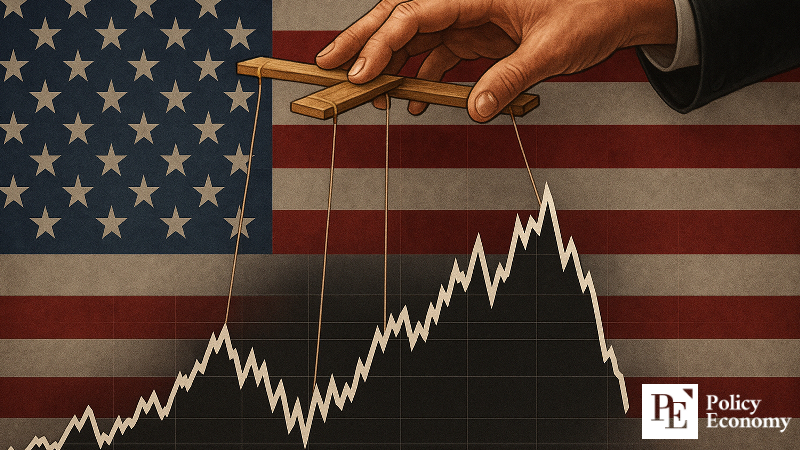
The Trump administration is moving more aggressively into capital markets. After securing a 9.9% stake in Intel to become its largest shareholder, Washington has also signaled interest in acquiring shares of defense contractors such as Lockheed Martin—broadening its influence over private industry. Foreign media outlets have criticized the approach, likening the administration’s moves to those of an “activist investor” disrupting the principles of a traditional free-market system.
Trump Administration’s Market Intervention
On the 27th (local time), The New York Times reported that “Trump has become the new activist investor in American companies.” Activist investors such as Carl Icahn and Nelson Peltz are known for acquiring stakes to pressure management, demand leadership changes or restructuring, and boost stock prices. In recent months, President Trump has adopted similar tactics. Last month, he invested $400 million in rare earth producer MP Materials, becoming its largest shareholder with a 15% stake. In June, he received a “golden share” in U.S. Steel—giving him veto power over key management decisions—during its sale to Japan.
Most recently, the administration leveraged semiconductor subsidies to secure a large stake in Intel. On the 22nd, Intel announced that the Trump administration had agreed to purchase 433.3 million common shares at $20.47 each, totaling $8.9 billion and representing 9.9% of the company. This made Washington Intel’s largest shareholder, surpassing BlackRock’s 8.9% stake. The purchase was funded with $5.7 billion in unused subsidies from the CHIPS and Science Act and $3.2 billion from the Pentagon’s semiconductor security program.
The administration’s next target appears to be the defense sector. On the 26th, Commerce Secretary Howard Lutnick told CNBC that “large-scale discussions are underway regarding the defense industry” when asked whether similar acquisitions would follow Intel. He emphasized that Lockheed Martin generates most of its revenue from federal contracts and is “virtually a branch of the U.S. government,” while noting that decisions on the economic implications of a stake would rest with the Secretary and Deputy Secretary of Defense. According to Defense News, Lockheed remains the world’s largest defense contractor by revenue as of last year.
Is the Free Market Economy at Risk?
Trump’s growing intervention in corporate affairs is fueling concerns that the U.S.—long seen as the emblem of free-market capitalism—is shifting toward a state-managed capitalist model. In such a system, the government restricts market freedoms to advance national interests and political objectives, a framework more often associated with countries like China and Russia.
This is not the first time Washington has intervened in markets. In 1985, the U.S. orchestrated the Plaza Accord to devalue the dollar and protect domestic manufacturing. During the 2008 subprime crisis, it poured massive bailout funds into financial markets to stave off collapse. But unlike those precedents, today’s moves are not aimed at rescuing failing companies or preventing global economic disaster. Instead, they reflect a deliberate effort to influence domestic monetary policy and corporate governance without a clear crisis mandate—a sharp departure from past practice.
The White House has defended the acquisitions as matters of national security. A senior official told The New York Times, “Intel doesn’t make pots and pans. This is a company that is critically important to national security, which justifies the stake purchase.” Still, many experts warn that such government involvement inevitably undermines free-market principles. As Indiana University professor Sarah Bauerle Danzman cautioned, “Once the government inserts itself into a company’s strategic decision-making, those decisions no longer follow the logic of the market.”
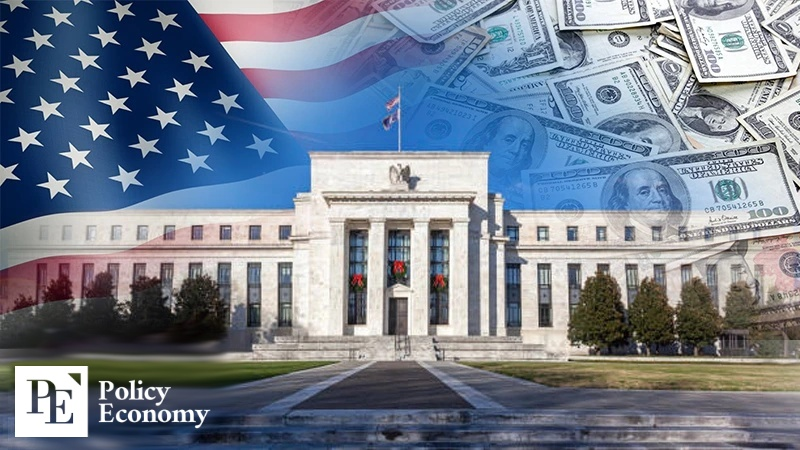
Fed Independence at Risk
Beyond corporate stake acquisitions, the Trump administration has been widening its intervention in markets through other channels. A prime example came on the 25th (local time), when President Trump abruptly dismissed Federal Reserve Governor Lisa Cook. The day before, he posted on Truth Social that Cook was under investigation by the Federal Housing Finance Agency for alleged mortgage fraud, and the following day announced at a Cabinet meeting that he was “considering an excellent candidate” as her replacement.
Cook’s ouster has stoked fears that Trump could consolidate control over the Fed. With Adriana Kugler recently resigning and Cook now removed, Trump can appoint two new governors to the seven-member board. Combined with Christopher Waller, whom he appointed in 2020, and the upcoming replacement for Chair Jerome Powell when his term expires early next year, a majority of the Fed board could soon consist of Trump’s picks. Analysts warn that such a scenario would compromise the central bank’s independence and trigger severe economic consequences.
Meanwhile, the Trump family’s influence is also growing in the cryptocurrency market. Eric Trump, the president’s son and U.S. Web3 Ambassador, recently urged investors on X (formerly Twitter) to view sharp declines in Bitcoin and Ethereum as a “buying opportunity.” His remarks aligned with his father’s strategy of designating specific cryptocurrencies as strategic reserves, notably excluding Ripple and Solana while prioritizing Bitcoin and Ethereum. Market observers speculate that Eric’s push may be tied to Senator Cynthia Lummis’s pending “BITCOIN Act,” which seeks to classify Bitcoin as a strategic national asset in order to strengthen U.S. dollar dominance.



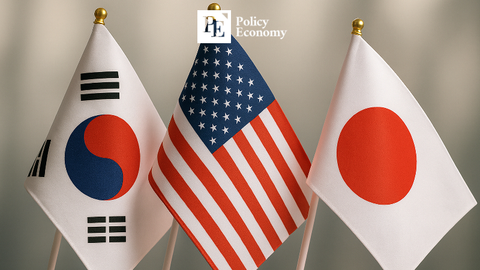
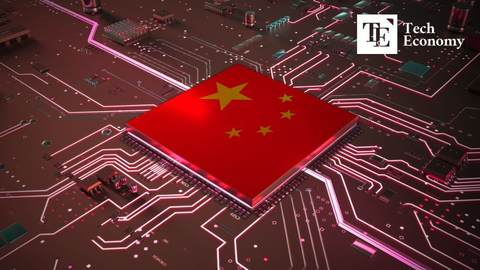
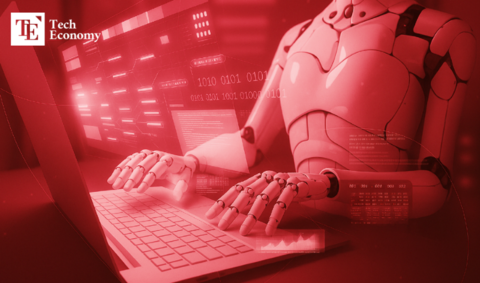
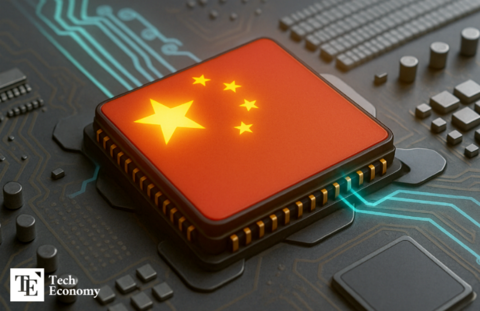
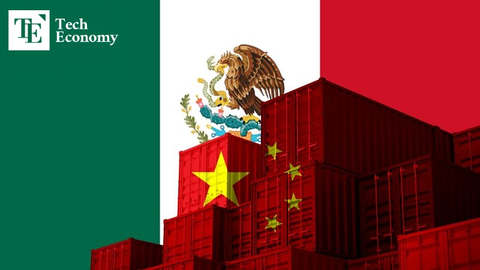
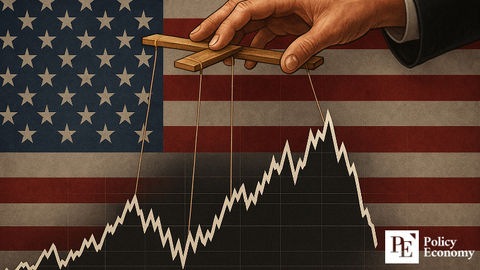













Comment